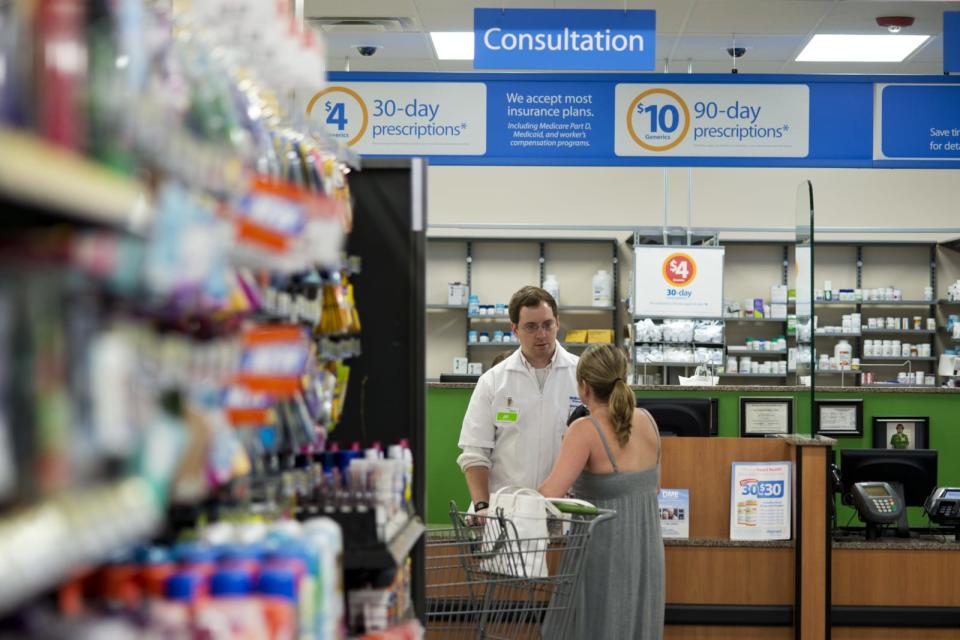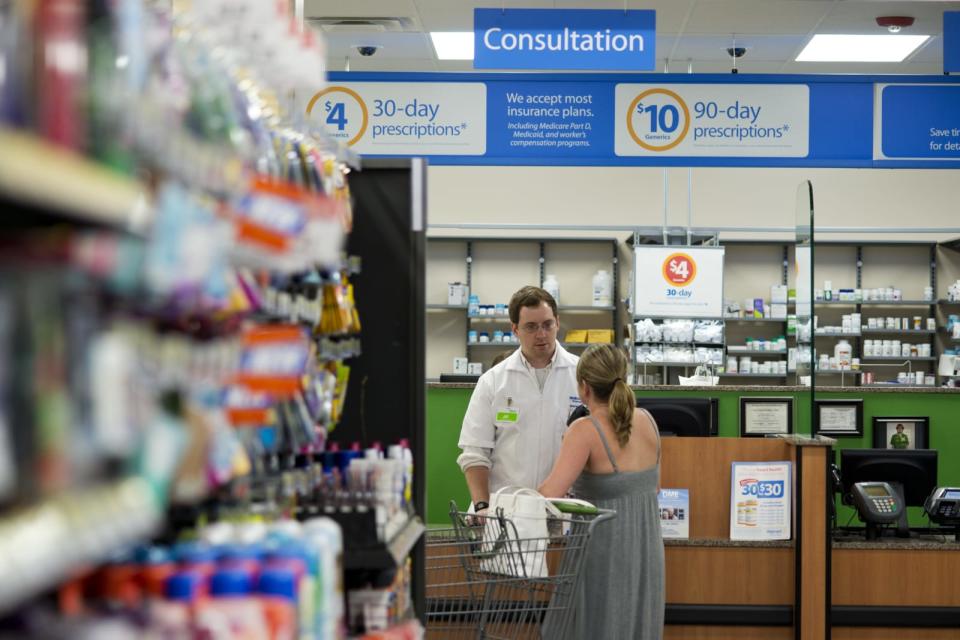Walmart and Verizon may turn stores into 5G hubs
It'd be part of a push to offer digital health at Walmart shops.
It might not be long before your 5G phone is helpful during your next shopping trip. Wall Street Journal sources say Walmart and Verizon (Engadget's parent company) are in talks to equip stores with 5G service, starting with a pair of stores this year. The faster wireless data would help Walmart launch digital health services that it only recently started exploring, such as video chats with doctors and real-time medical data. It could also share your medical data with the clinic to auto-register when you arrive at the store and tell staff to restock any products you pick up during your stay.
Not surprisingly, this would have other perks: it could provide faster connections for the rest of the store and provide a speedier data link to people in and around the store.
This isn't guaranteed to take place, although both sides have an incentive to put 5G in stores. For Walmart, this could turn its stores into medical hubs for communities where dedicated clinics (not to mention wired internet providers) are rare. You'd have a reason to visit Walmart for more than your prescription.
For Verizon, this would fit a familiar strategy: it's determined to find uses for 5G that it can sell to companies, and it doesn't get much bigger in the US than Walmart. Verizon's existing 5G network is extremely finicky, with short range and poor penetration through walls, but it's also very fast and low-latency -- potentially ideal for stores that want speedy, responsive data without relying on wired broadband. That it could also fill gaps in coverage for everyday users is almost a bonus.

 Yahoo Finance
Yahoo Finance 

